The Hill, AUTHOR: Jessica J. González] Much has been made in the media over the Federal Communications Commission's Lifeline program, which helps make telephone service more affordable for poor families. Most of the media coverage, however, has been slanted and misleading. Last month I testified at a hearing before the House Energy and Commerce’s subcommittee on Communications and Technology titled “The Lifeline Fund: Money Well Spent?” My testimony provided a factual account of the history of the Lifeline program and the ways in which it is bettering lives today. Lifeline has an important goal: to ensure that all people have access to affordable communications. Lifeline is a treasured tool that achieves broad societal objectives such as upward mobility. It positively and directly affects our economy, employment, healthcare, public safety, strong families, civic participation and education. The idea that we, as a country, should remove barriers so that all people can access communications is not new. In fact, the concept of universal service can be traced back to the Postal Act of 1792. Lifeline’s roots are in the Reagan FCC, which created Lifeline at the behest of a bipartisan group of congressman and senators. In the Telecom Act of 1996, Congress further codified the concept by establishing the Universal Service Fund (USF), stating that “[c]onsumers in all regions of the Nation, including low-income consumers and those in rural, insular, and high cost areas, should have access to telecommunications and information services.” And in the aftermath of Hurricane Katrina, the Bush FCC used USF monies to support prepaid wireless services and ensure that those displaced by the storm were able to stay connected. Later the Bush FCC expanded prepaid wireless Lifeline beyond Katrina victims. Lifeline now provides phone service to millions of people. Who are these people? According to one provider, most have a household income of less than $15,000 per year. Nearly a third are over the age of 55 and more than one-third are disabled. Stories in the media of corporate abuse for profit have drowned out the stories of the very real people that use Lifeline as a tool to improve their lives and move away from government assistance — for instance, the story of a disabled mother from Tennessee caring for a child with Down syndrome, who said “It gives me peace of mind to know that I can always call for help.” Or the story of a veteran and double amputee, who uses wireless Lifeline to coordinate his doctor appointments and communicate with family while away from home; of a single father who was laid off but secured a new job in just a few months using his Lifeline; a pediatrician in Boston, who treats fragile children living in shelters, public housing and on the streets — she can monitor those children because of wireless Lifeline service; a mental health therapist in Baltimore, who explained that Lifeline could have helped when one of her third-grade clients attempted suicide at school. His mother had no phone and was difficult to reach that day. I think you get the picture. The vast majority of Lifeline recipients are grateful seniors, deserving veterans and folks who are going through the hardest times of their lives — facing job losses, illnesses, disability and family tragedies. Lifeline enables the most vulnerable members of our society with access to 9-1-1 emergency services, the cellular AMBER Alert notifications and the emerging wireless emergency broadcast system Personal Localized Alerting Network (PLAN) that saved lives during Hurricane Sandy. For these people, Lifeline literally lives up to its name and must continue. Many respected leaders in Washington, D.C., are rightly concerned about protecting the program from fraud, waste and abuse. Included in that group are some very smart and capable people at the FCC, including Acting Chairwoman Mignon Clyburn. The FCC has instituted sweeping reforms to the program so that the fund reaches its intended recipients. The FCC is to be congratulated for its ongoing oversight and protection of this vital service. At the end of the day, Lifeline is creating a pathway out of poverty. It is the ultimate government service because it is helping people help themselves. To read the compete article, please click here to visit The Hill. ]]>
